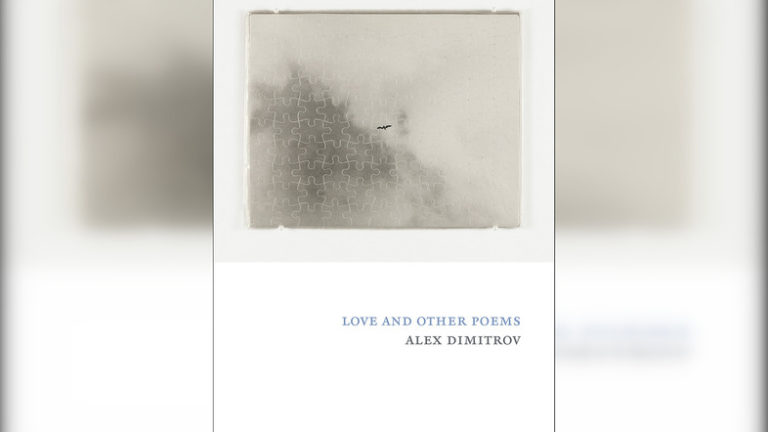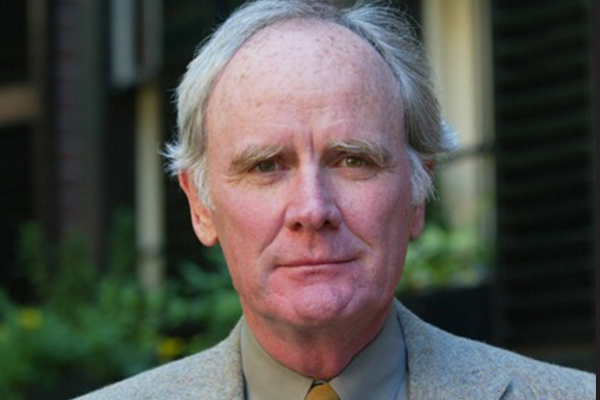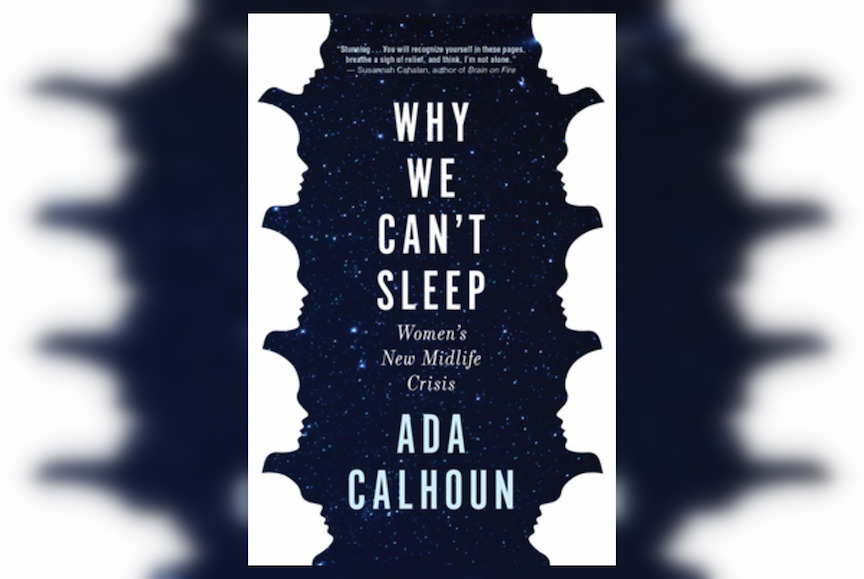So much of art, if not all of it, is about love. Every movie with their lovestruck leads. Each song’s lyrical strings stemming from the heart. It is a subject as predictable as it is inevitable, especially in poetry, an artform delineated by roses that are red and comparisons to summer days. Any attempt to avoid love, be it through loneliness, politics, or an appeal to the metaphysical, finds its way back inside a speaker, a desire. In this era of rapid innovation, where difference is valued above deference, love will always thwart our attempt to quantify the ineffable— those moments that, when experienced, leave no specific conscious impression, but instead, a sensation, a feeling that lingers with us forever.
This is what makes Alex Dimitrov’s third book of poetry, Love and Other Poems, a remarkable exploration into poetry’s most notable tradition: love. Do not be confused by the title—this is no collection of love poems. Instead, Love and Other Poems is a symphony of individuality, an extravaganza of self-devotion, self-sacrifice and, above all, a desperation for reciprocity.
Look no further than the first two lines of the opening poem, “Sunset on 14th Street,” for evidence of Dimitrov’s conviction: “I don’t mean to sound unreasonable/but I need to fall in love immediately.” This poem, if not these lines themselves, serve as an overture for the work. Dimitrov’s style has always been defined by a sleek dichotomy between the deeply personal and the elaborate gesture. Poems that center on celebrity, popular culture, and the celestial turn, if not return, to the self. But in this collection, this dichotomy intensifies like the third movement of a sonata. In the poem “River Phoenix,” Dimitrov’s speaker imagines himself in a rendezvous with the aforementioned, and writes: “He’s about to give up being famous,/I’m about to make him one more drink.” The stakes grow larger in the poem, “A True Account of Talking to the Moon at Fire Island,” where Dimitrov writes:
“It didn’t matter anymore that my books
have never been nominated for anything
or that I’ve wasted so much time
talking to men who don’t understand me.”
These lines portend a naked ambition, one that would cause even the famed confessionals mentioned throughout the work (most notably Plath) to writhe in envy. Simply put, Dimitrov manifests a speaker so translucently absorbed in his own possibilities that not even love can obstruct his grasp.
The work as a whole, whose sheer magnitude and determination may dub it among Wagnerian, Brucknerian, and Spectorian proportions, is, on its surface, the poetry of New York cityscapes and the vast horizons surrounding them. Poems such as “Love” and “Poem Written in a Cab” stretch beyond pages into the boundless exercises of capturing infinity. “I love the nostalgia of the future” Dimitrov paradoxically laments in the title poem. It is an orchestra full of rehearsals, each version its own perfect rendition. Yet, perfection is not the point. Anyone who has experienced love knows it does not exist under perfect circumstances. Or, as Dimitrov writes in his poem, “February,” “Love is not a fraud, but there are many rumors./People are dying without anyone to call.”
Time is also a central subject of the book. But unlike Mark Strand’s winking nostalgia, nor Dennis Johnson’s incognito persona, Dimitrov’s exploration of time centers on the senses. “Is the morning blue or green?” “What are your most difficult hours?” These questions, asked in Dimitrov’s “Poem for the Reader,” are not meant to be answered. But they are heard; for time, in Dimitrov’s unmistakable style, is inescapably synesthetic, blending memory with imagination, allowing for the impossible to become understood. “What do you remember of the future?” as Dimitrov asks in the poem, “November.” And in Aristotelian fashion, the poem ends with a beginning: “It was always November there.” Time, for Dimitrov, is yet another endeavor of love, a measure of the things we hold and call our own.
Love and Other Poems shows Dimitrov’s persona at its most audacious and demanding. The poems romance us into puddles, existing as small, hopeful moats amidst the dry, irrelevant gossip that circle the current universe. It refuses clichéd, trite aphorisms, no matter the stakes of poems titled, “My Secret” and “To Everything.” But the poem that sticks out, the poem that demarcates the collection, and occurs at the exact halfway point, is fittingly named, “More.” Originally published in The New Yorker, this poem is so much of art, if not all of it. And in this poem exists my favorite expression of Dimitrov’s rendition of love. It reads: “Whatever enough is, it hasn’t arrived.”




